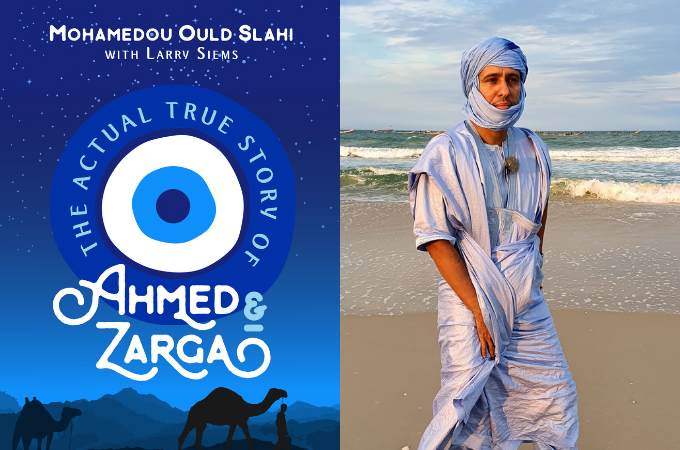
Mohamedou Ould Slahi is the author of The Actual True Story of Ahmed and Zarga. The novel, which brings to life the captivating world of a Bedouin camel herder, was published on February 23rd by Ohio University Press in their Modern African Writers (MAW) imprint. In the story, a man named Ahmed braves the dangers of the Sahara Desert in search of his lost camel called Zarga. In this interview, Slahi talks about the inspiration for Ahmed and Zarga’s story and the influences that went into the story’s world-building. Slahi was born in Rosso, Mauritania. His previous book is the memoir Guantanamo Diary. The interview was conducted via email.
Brittle Paper
Hello Mohamedou. Congrats on all the wonderful things happening in your world. The film adaptation of your first book is getting a ton of critical attention, and your first fiction book was recently published. What does it feel like to finally have The Actual True Story of Ahmed and Zarga out in the world?
Mohamedou Ould Slahi
It feels amazing. You are right, there are so many positive things going on in my life, but The Actual True Story of Ahmed and Zarga has a special place in my heart. In one sense, it’s another example of how writing is my revenge against censorship. I wrote a first draft of the book when I was in Guantánamo. It was one of four manuscripts I wrote there after the manuscript for Guantánamo Diary; like Guantánamo Diary, those manuscripts were treated like classified secrets, and none of them have been returned to me. The others were nonfiction, but Ahmed and Zarga was something different for me—my own creation, where I had full control of the events surrounding my characters. Having imagined that world, it lived inside me and grew, and I was so excited and happy to recreate, and keep creating that story when I was released. Ironically, and sadly, even though I was no longer imprisoned in Guantánamo, continuing restrictions on my freedom to travel have kept me confined in a way. WritingThe Actual True Story of Ahmed and Zarga remains the closest I have felt to true freedom.
Brittle Paper
Ahmed and Zarga is a moving story, so unique, so captivating. A Bedouin herder named Ahmed confronts grave dangers to search for his lost camel in the Sahara Desert. What inspired the story?
Mohamedou Ould Slahi
The answer is very simple: the life of my father. He was a struggling camel herder. My forefathers lived and herded in the southern part of the country, before Mauritania was even a country, actually. The region’s called Laaquil. The desert there is known for having shallow wells for the most part, as opposed to the scarce and deep water in the northern region. As soon as I could walk, I followed my father and learned from him the ways of a camel herder. My dream was to grow up and be like him, but that dream was dashed by the hard drought conditions that forced our family into a sedentary lifestyle. We first moved to the vicinity of Rosso and then to Nouakchott; the capital. This was during the 1970s and early 1980s, when there were successive droughts that all but wiped out our beloved herd. It took my family some time to adjust to the new lifestyle and my father didn’t make it. He passed away when I just finished third grade.
Brittle Paper
Ahmed is a lovable character. He is kind and sensitive to the suffering of others, especially the animals in his world. Did Ahmed’s character come easily to you?
Mohamedou Ould Slahi
Of course: from the outset I had my father in mind, his actions, attitudes, gestures, and words. For instance, believe or not, the incident with the cannibals actually happened to my father, though it wasn’t in the dramatic way the book describes. The story was that my father was on the quest for one of his camel and travelled very far to the north, and found himself in a region he didn’t know. As he stopped at a Bedouin tent to take a break and eat, there were no men around, only women, and the women were acting suspiciously. He decided to move on, but one of the women insisted he couldn’t leave. That only raised his suspicions further, and he mounted his camel and took off. The woman grabbed his camel’s tail and tried to force him to stay. But my father was an expert rider, and the woman was no match for him, so he got away. As my father told it, he was convinced these people were wandering cannibals. I have no idea whether my father’s suspicions were legitimate. He may have read more into the situation than was really there, and the whole thing could have been a misunderstanding. Especially when we know that the people in the north are known for being very hospitable. It may well be that the women just wanted him to stay and eat, and found it inappropriate for him to leave without having the chance to be treated well. So yes, as you can see, my father was always the seed. But Ahmed’s character developed naturally as the story developed, too, as I followed Ahmed through his adventures and trials and he showed me how he would react to each situation he encountered, and what he would do.
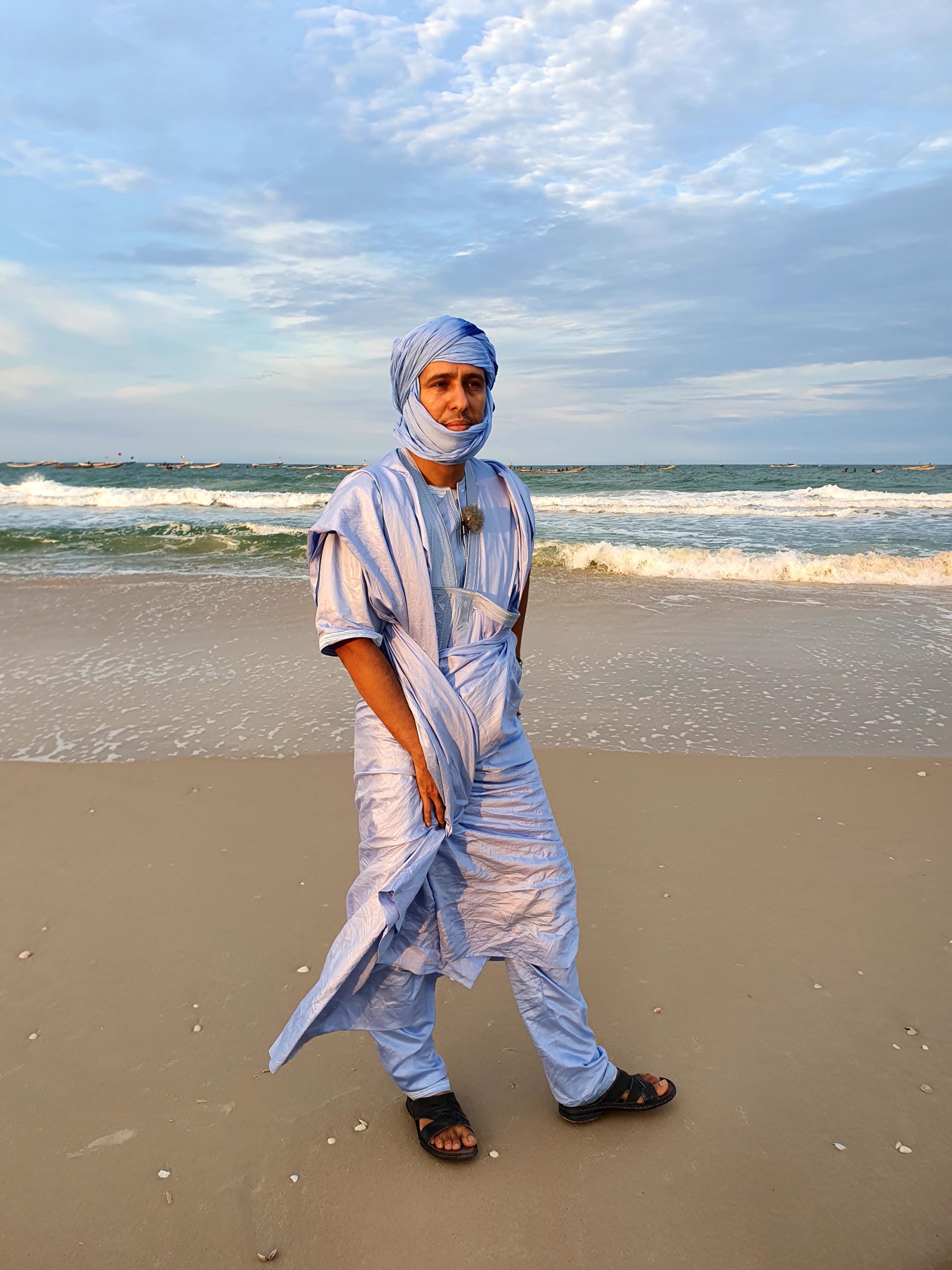
Brittle Paper
The desert is a powerful force in the story. It is so grim, and wild, and magical. It’s almost a character in its own right. What went into building that aspect of the novel’s fictional world?
Mohamedou Ould Slahi
For me, and for most Mauritanians I think, this is not an invention. Where I grew up and where I live, there’s no avoiding the omnipresence and even near-omnipotence of the mysterious desert. Even in Nouakchott, several times a year the desert literally forces its way into our homes when the sandstorms come. And people in the city still have deep Bedouin memories and connections that draw us into the deserts; where Americans and Europeans might have their cabins in the woods, we have our desert camps. The vastness of the desert means freedom to me. I had a dream when I was in prison where I was just walking down a street that had no end. The feeling was beautiful. Going out to the desert is the closest I can come to realizing that dream.
Brittle Paper
Are there aspects of Ahmed and Zarga’s story that are influenced by Mauritanian literature?
Mohamedou Ould Slahi
Absolutely. There’s a great deal of Mauritanian poetry and popular sayings spread throughout the text. Much of this wisdom is not written but recounted in what is still an incredibly rich and living oral tradition, cleaned and improved throughout generations.I learned so many poems and songs from my older sister Eijah, who is very smart, though she never went to school. And when I was little, my father used to sit me beside him and make me write poems and memorize them, or he would sing to me short surats and poems that I would sing after him until I knew them by heart.
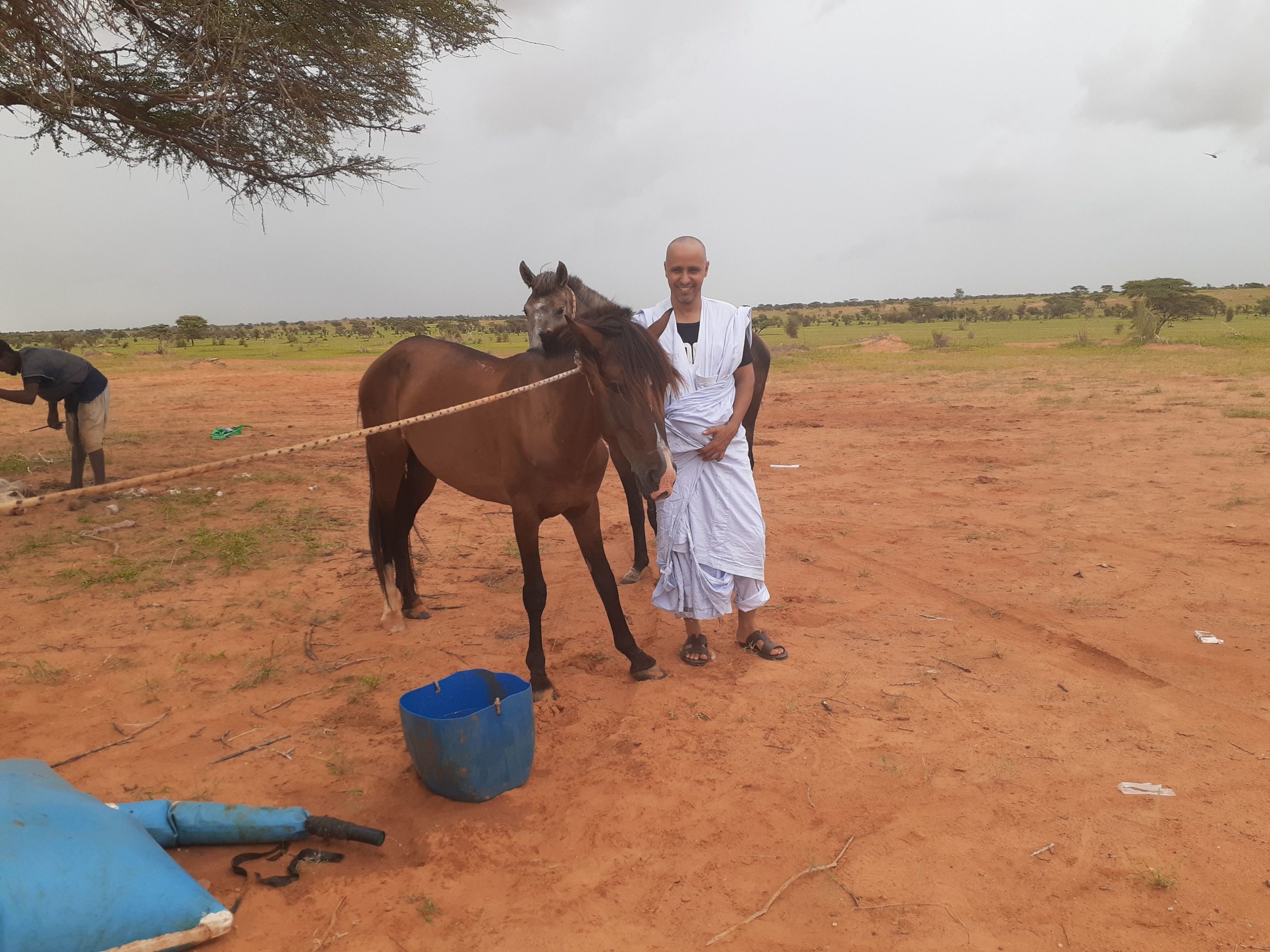
Brittle Paper
The book forces readers to think about the world as a space shared by humans, animals, spirits, and other forms of life. Why is it important to you to write a story centered on the human-animal bond at this particular moment?
Mohamedou Ould Slahi
Writing this novel, I really wasn’t trying to influence the moment in any way, positively or negatively. It’s like what de Montaigne said: Je n’enseigne pas, je raconte; I’m not teaching, I’m merely recounting. This is really how the world felt to me when I was a child. I guess if there’s a lesson, then, it’s this: this kind of world is possible, it already exists, and has existed for probably the vast majority of humans’ time on earth. This is our shared home.
Brittle Paper
The book is a collaboration between yourself and Larry Siems. Can you tell us about what it was like working with him?
Mohamedou Ould Slahi
Larry is my family. I am not afraid or intimidated about writing and sharing with him whatever comes to my mind. He never judges me, which gives me the total freedom to invent. I always liken myself as a writer to a bad driver who doesn’t know where he’s going, but who drives on anyway. Larry has a way of seeing where I am on the map and where I’m going, or if I’m lost, asking the questions that lead me to discover new destinations. I’ll draft; he’ll come back with questions and suggestions; I’ll add or redraft. Each round brings the story closer to the place it was always going, but in a way that the reader can ride along.
Brittle Paper
Ahmed and Zarga is different from your first book, Guantanamo Diary. But are there any aspects of drafting the memoir that helped you prepare for the novel?
Mohamedou Ould Slahi
Writing is work, and like in any work, exercise helps. The more I write the easier it gets. So yes, in that respect, drafting the Diary helped. But creating the Diary was about calling up memories and committing them to writing. Creating a novel, even one that draws heavily on memories and experience, is creating from scratch, and having to make an endless series of decisions and choices that shape the story going forward. So writing the Diary helped build muscles and stamina, but writing The Actual True Story of Ahmed and Zarga meant I had to learn how to live with the experience of freedom, with all its uncertainties and responsibilities. And of course with all its new unexpected discoveries.
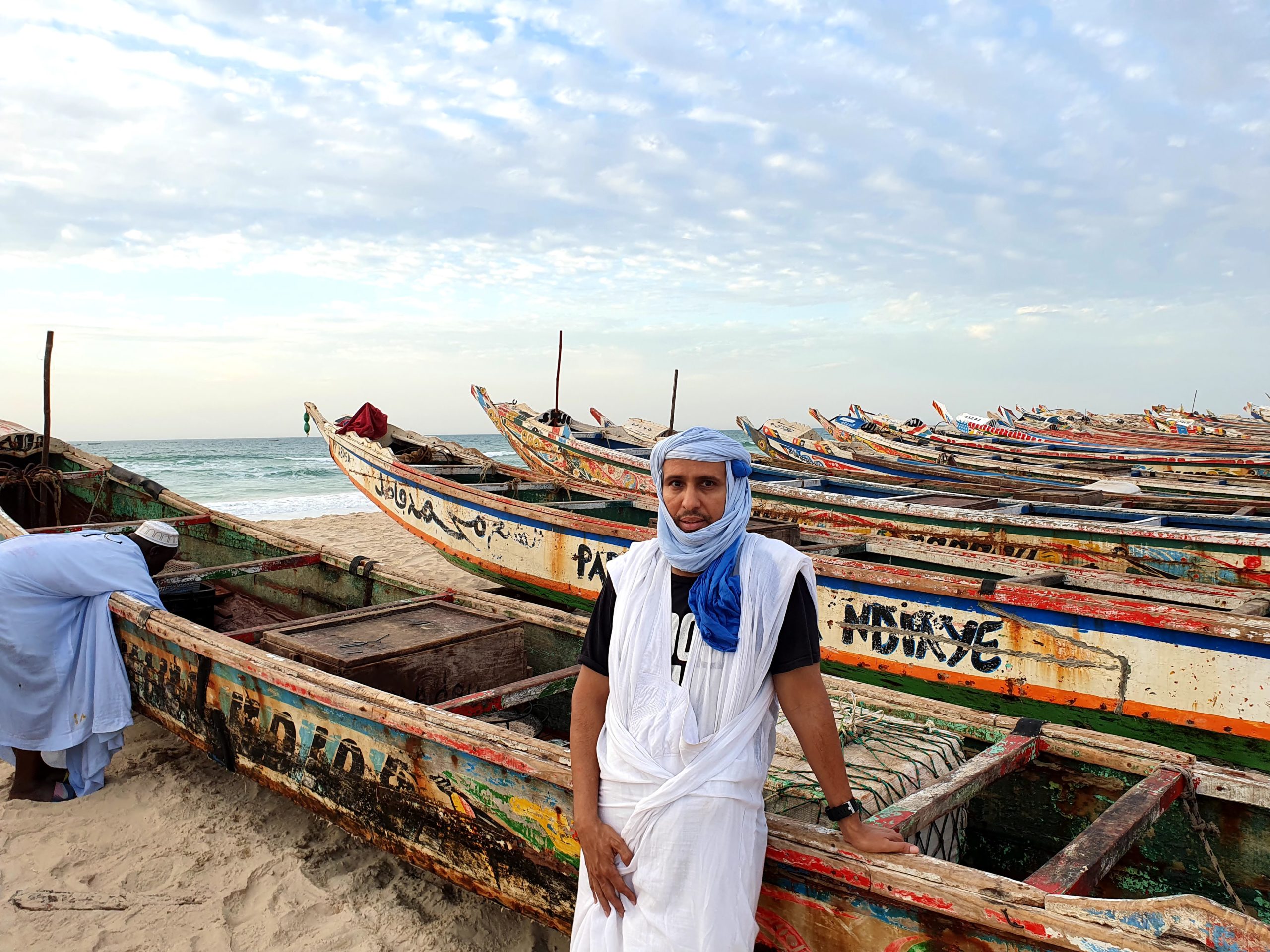
Brittle Paper
We always ask authors what conversations they hope their books would strike.
Mohamedou Ould Slahi
I’m a curious person, and so I’m more interested in hearing the conversations this book inspires than saying what I hope those conversations will be. But maybe, if I had to imagine one reaction that would be really satisfying, it would be a recognition of how absolute and shared our values are as we go from one culture to the other.
**************
Buy The Actual True Story of Ahmed and Zarga on Amazon


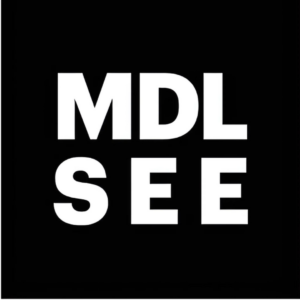

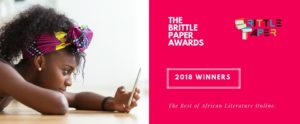



COMMENTS -
Reader Interactions